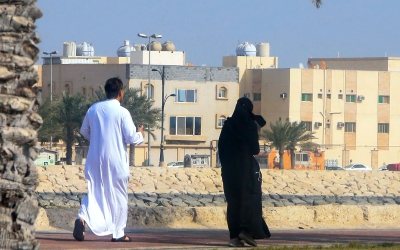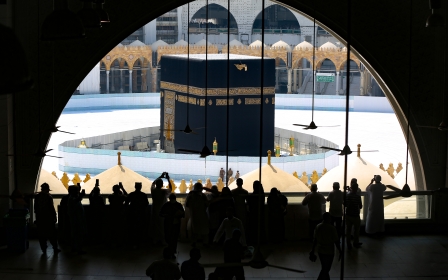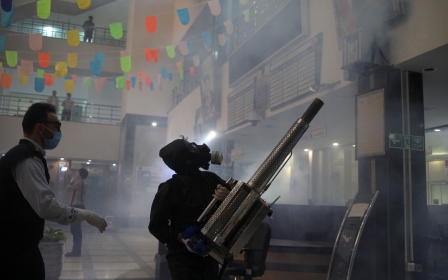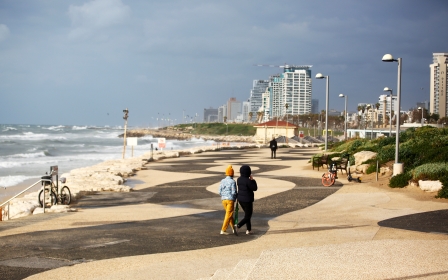Coronavirus: Saudi Arabia prepares $30bn package for economy
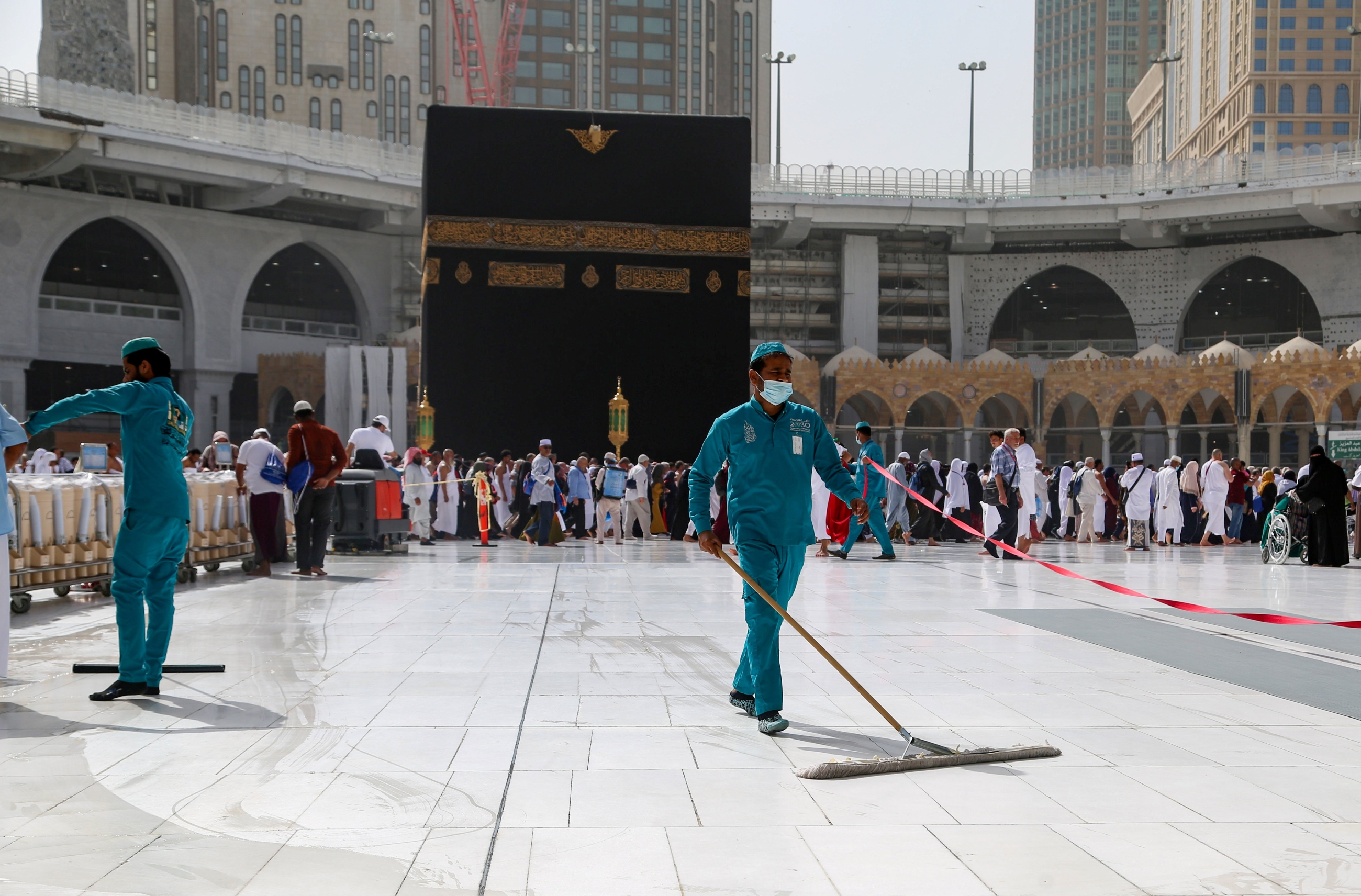
Saudi Arabia has announced a $32bn package (120bn riyals) that it will inject into its health sector and economy because of the coronavirus outbreak, according to state TV.
The package includes 50 billion riyals to support banks, financial institutions and small and medium enterprises, it said, citing Finance Minister Mohammed al-Jadaan.
New MEE newsletter: Jerusalem Dispatch
Sign up to get the latest insights and analysis on Israel-Palestine, alongside Turkey Unpacked and other MEE newsletters
Jadaan said that the collection of taxes and customs duties would be put on hold and money owed to the private sector would be paid.
Stock markets in Asia and Europe rallied on Friday after a tumultuous week, as governments and central banks announced measures to counter the significant economic fallout feared as a result of the coronavirus crisis.
According to Saudi Arabia's health ministry, the country now has at least 274 identified cases of the coronavirus covid-19, but no deaths.
More than 1,000 cases have been identified in the Gulf.
Saudi Arabia's King Salman warned on Thursday that the country faced a "more difficult" fight ahead.
"We are going through a difficult stage," the king said in the first televised speech by a Gulf leader on the pandemic.
"The next stage will be more difficult at the global level to confront the rapid spread of the pandemic," he added.
Saudi Arabia has already shut down many public places, halted flights, suspended the year-round Umrah pilgrimage and closed its mosques - including Islam's two holiest sites in Mecca and Medina.
The world's top crude exporter, Saudi Arabia also faces plunging oil prices, the mainstay of government revenue. Prices slipped below $25 a barrel this week to touch 18-year lows, on the back of sagging demand due to the virus and a price war with Russia.
Middle East Eye delivers independent and unrivalled coverage and analysis of the Middle East, North Africa and beyond. To learn more about republishing this content and the associated fees, please fill out this form. More about MEE can be found here.


